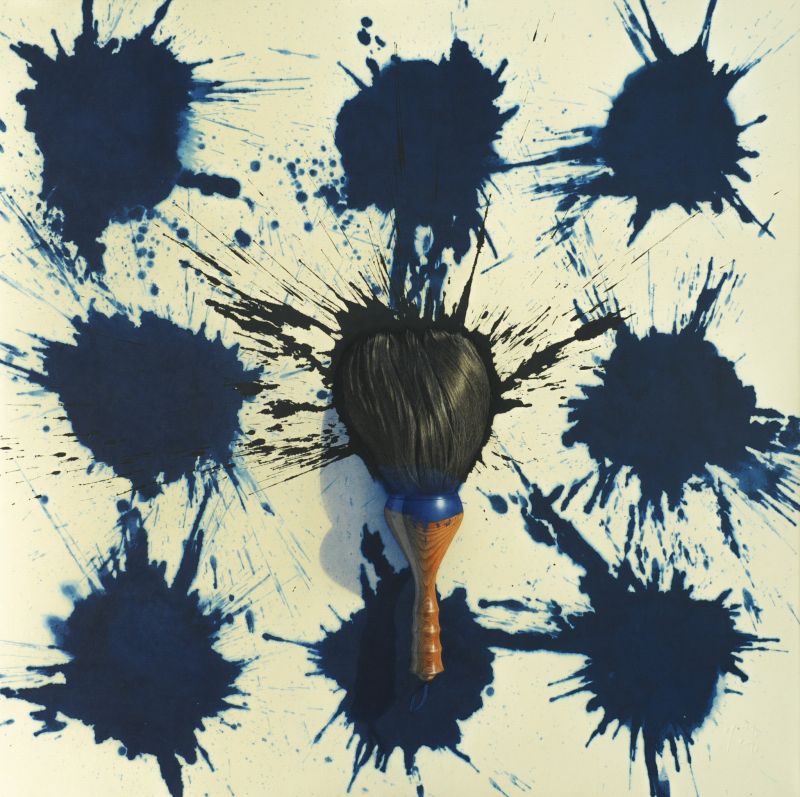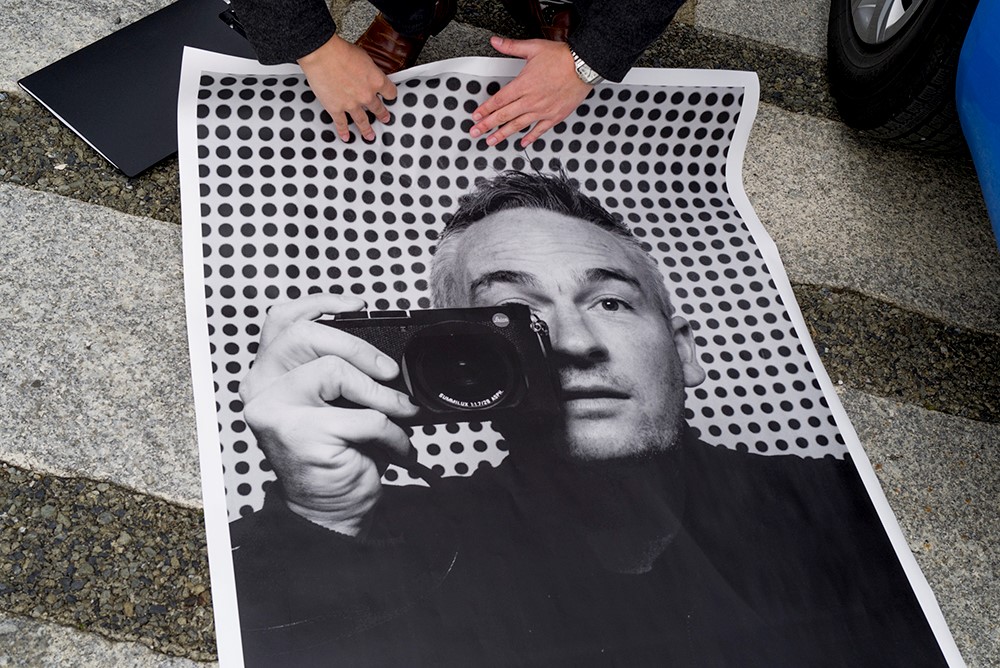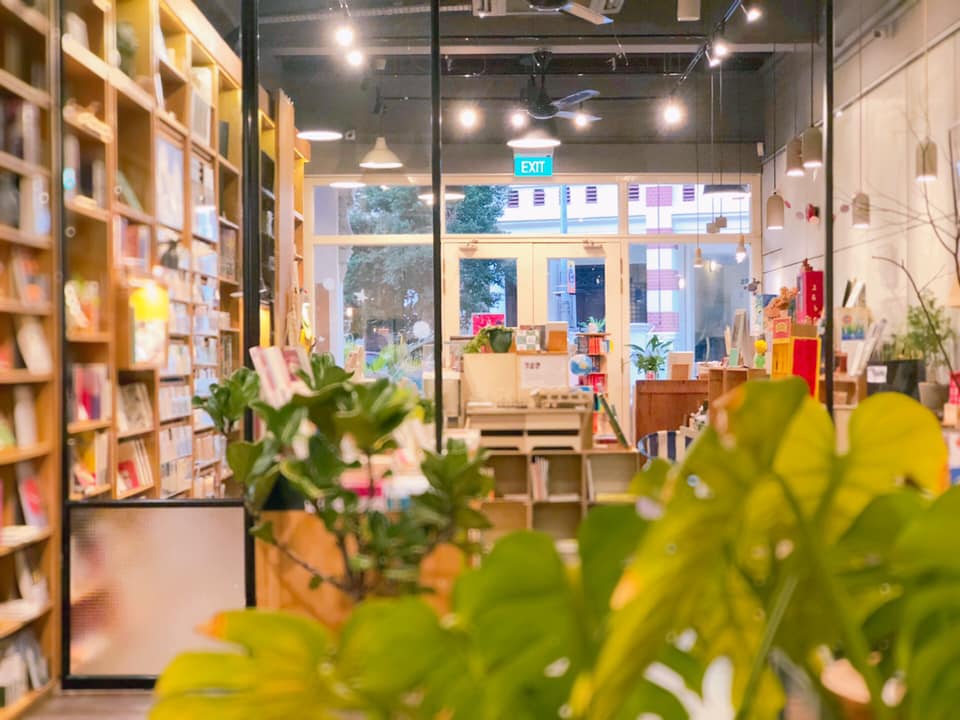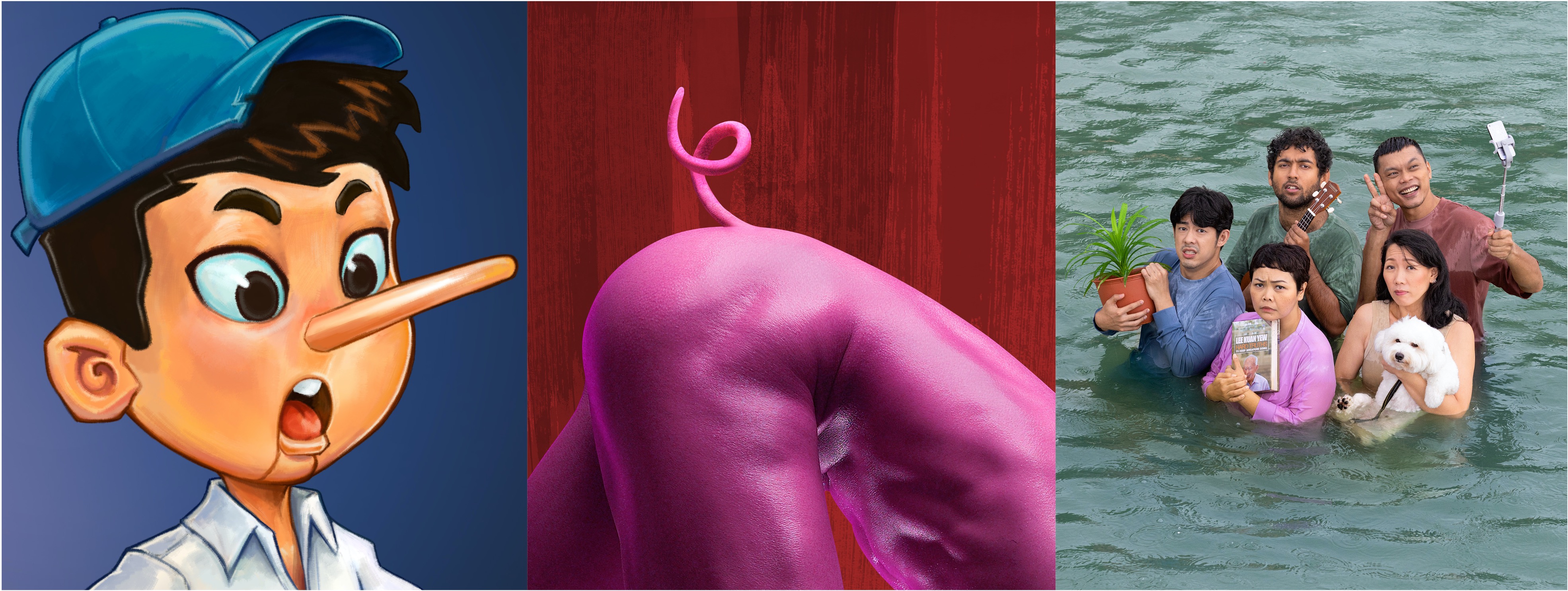 |
SG Magazine is the official media for Peaches’ Drag Wars. |
There’s going to be sass, class, bougie realness, fishy queens, sequins, voguing, dips and twists, plus a whole lot of drama at Peaches’ inaugural amateur drag queen competition, Drag Wars, which will be held over six weeks from Jun 16-Aug 9.
On the surface, it’s everything you think it’d be—10 amateur queens, battling it out to become the coveted Drag champion as voted by the audience and a panel of judges consisting of renowned drag queens in Singapore, local icons, and LGBTQI opinion leaders, who’ll definitely be reading the girls for filth. As one of two producers of the show (and Peaches’ co-founder), Isaac Chan, puts it in a nutshell: “six rounds, elimination-based, thematic weekly challenges”. Glitz, glam and weaves aside, the upcoming competition is really more than what it appears to be.
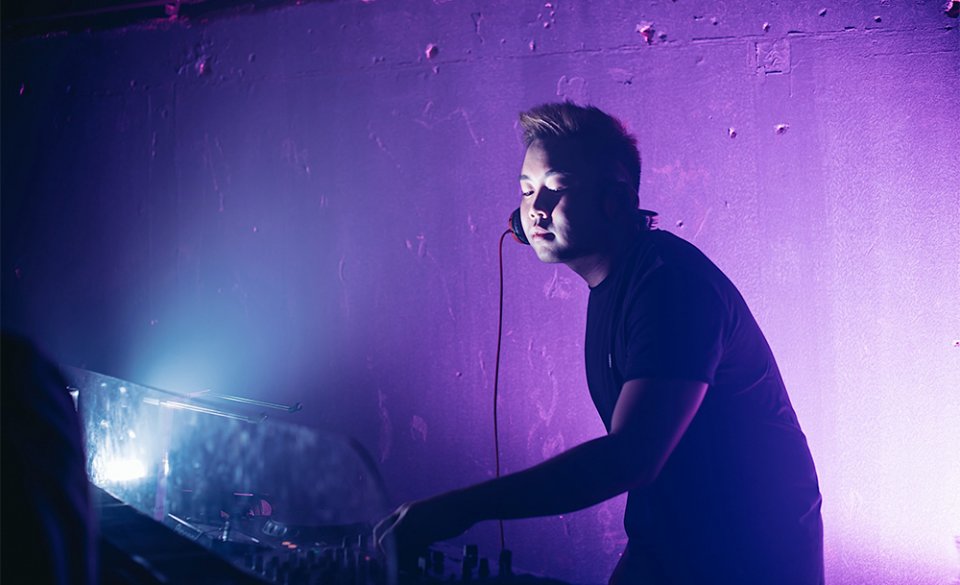
Isaac Chan. Photo credit: Colossal Photos
For a country where LGBTQI visibility is close to none, this is definitely a step in the right direction. Drag culture has always been around—you might recall the infamous Boom Boom Room, which was arguably the only real national institution for drag queen cabaret back in the ’90s—but it has definitely become more pronounced because of a couple of reasons: attitudes and perceptions of Singaporeans have changed, the rising popularity of reality TV competition RuPaul’s Drag Race and of course, social media.
But do people here really understand drag culture, or do they take it at face value; to be entertained, get drunk and go home? Chan believes it’s a stepping stone for the community here, even if they have a skewed perception of the culture. He says: “In a way, while this is beneficial for the LGBTQI community, it’s also beneficial for the straight community, because it informs them of the problems and issues we face whenever we show a side that people have never seen.”
“To sum it up briefly, in the words of Becca D’Bus, we need to ‘stay visible’; because the moment we quieten down, they think it’s okay; and it’s not,” he adds.
Beyond the Colourpop lipsticks, layers of Nyx Cosmetics foundation and exaggerated contouring, many performers find solace in the art form itself. Gina Gemini, the mother of Haus of Gemini and co-producer of Drag Wars, says some of her girls got into drag “to express themselves and to cope with whatever demons they’re fighting against in their lives”.
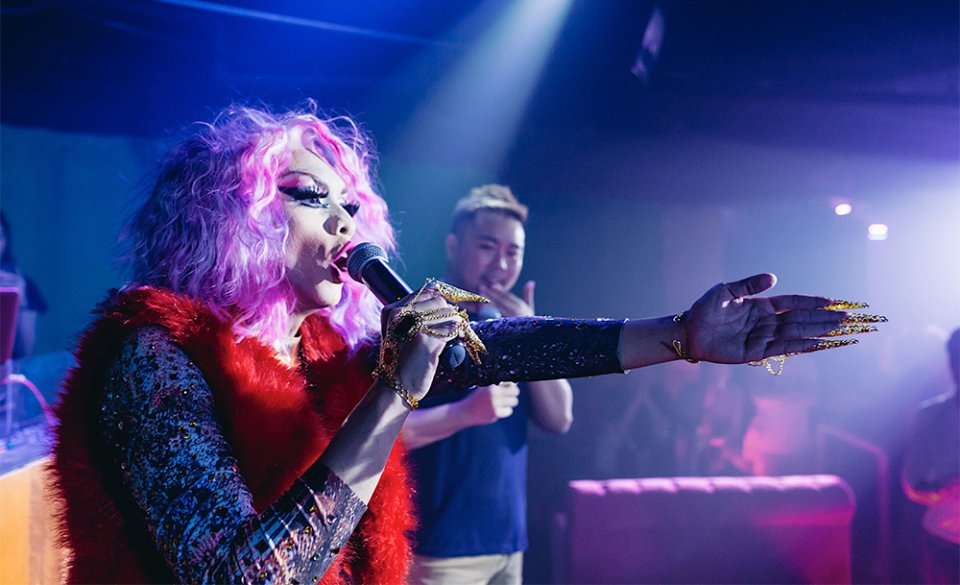
Gina Gemini. Photo credit: Colossal Photos
We continued speaking to the two producers of Drag Wars to get a more comprehensive understanding of the inaugural competition, their thoughts on the drag scene in Singapore, and whether enough is done to help the LGBTQI community at large.
Note: interviews edited for clarity

Peaches. Photo credit: Colossal Photos
Why do you feel compelled to produce a competition like this now?
Gina Gemini (GG): There aren’t many, or actually, any drag competitions for amateurs. Other competitions that have taken place in previous years have contestants who are already established. But for Drag Wars, these are amateurs who have no prior experience and have not taken part in competitions before. And we’re also going with different spectrums of drag, which means that it’s not just men who cross-dress, but we also want to have women who embody drag as well. We had one contestant who was a faux drag queen, but she couldn’t take part in the end due to scheduling conflicts. One of the things I’d like to see is a bigger range of drag queens in Singapore because drag is ever-changing. We want to move in a direction where we can say, “Hey, we’re not just like Thailand, where it’s mostly fish. We gotta be the New York of Southeast Asia, girl.”
Isaac Chan (IC): We’ve chosen 10 who not only represent, like what Gina said, the fishy Thailand queens; we have comedy, obscure, political queens, which is very important in this climate and in this time.
What do you hope to achieve in limiting it to such a specific group?
GG: Well, we hope that they not only carry the legacy of the culture itself in Singapore, but that they grow from this experience and become more polished than when they started; especially since they’re around queens-to-be of the same level. I’m glad that every time after Princess Diaries—a night where we give our contestants opportunities to perform and work the stage in front of a regular Peaches’ audience—they’d text me to ask for tips on how they can improve. I usually just give small pointers and let them figure it out themselves, rather than spoon feed them, because drag is all about experimentation. It’s not a textbook thing, and drag isn’t meant to be fit into a box.
IC: The only box a drag should fit into is a make-up box. Aside from that, as much as we want them to build up Peaches’ legacy, I would rather they think of themselves as Drag Wars alumni, rather than the club’s alumni, because at the end of the day, we want them to be happy, even if they get hired by another club. We’ve already provided a starting point for them to grow to become whoever they want to be.
There were a total of 25 initial contestants, but only 10 were picked during the six-week knockout rounds. How they were chosen?
GG: We were super strict. We gave them a compulsory audition date to turn up, or they’d get cut; though we still gave leeway for some girls who really proved to us how serious they were in pursuing this line of work.
IC: We’ve played a lot on the strengths of the Haus of Gemini. They celebrate diversity in aesthetics, brand and performance. On orientation day, the five Gemini girls and myself broke up into three pairs.
Gina and I spoke to them about character development and even name changes. For example, there was this girl named “Ivy Me”—we asked about her name and she said, “I’m Ivy and I’m me”, and we’re like “Yeah no, that’s not going to fly”. So we looked at her boy-self, which is very important in drag because sometimes it could be an amplification for her drag character, or it could be the opposite. She’s a muscular queen—think Kameron Michaels—and she’s very attractive as a boy. And in her drag photo, she was flexing, and all her veins were popping out. So we suggested changing her name to “Ivy Veins”, and it has stuck since.
The more dancing, show-y queens like Vyla Virus and Eyva Belladonna—the cabaret-dancing, high-energy queens—they taught them how to do catwalks and basic choreography. As much as this is an amateur show, we also want a level of “amateur professionalism” here. We’re not looking for just some boy in heels strutting about the stage.
As for Arya Dunn and Eva Le Queen—they’re more creative, more crafty, more club kid—they covered aesthetics and how each contestant are going to portray the idea they’re trying to put across.
So we didn’t just judge based on how they look, because, no tea no shade, some of them look like a diamond in the rough. But they made up for it by being very political, or by serving high-energy dance routines. Most importantly, like the Haus of Geminis, we wanted to make sure that there was a diverse group of contestants.
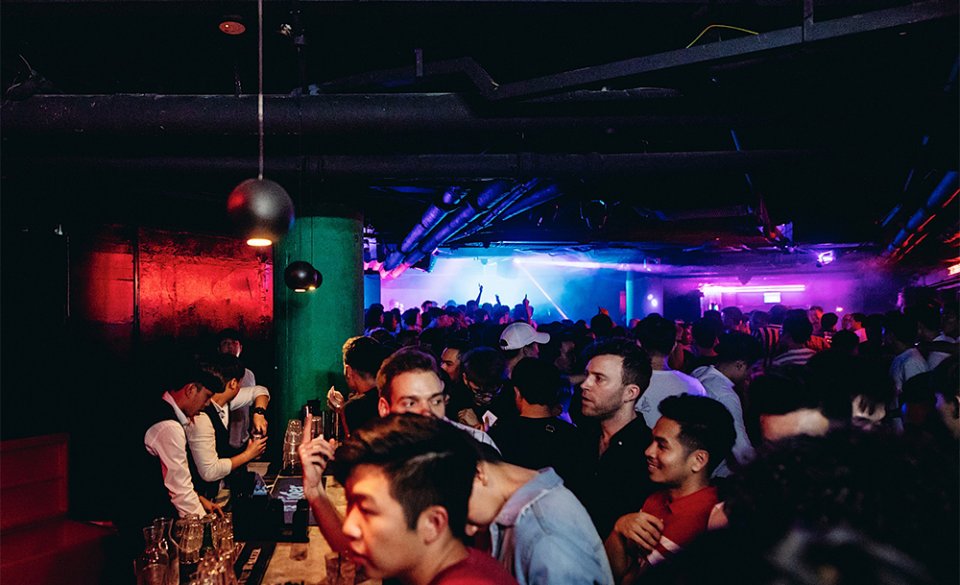
Peaches. Photo credit: Colossal Photos
Where do you see the drag scene in Singapore right now? And is there a drag mother/daughter culture here?
GG: Well, there are a couple of houses like mine and the House of Vanda Miss Joaquim, and resident queens at various clubs. It’s a good place but in the long run, we all wanna see more queens who can club-hop and are flexible to not just perform in one place. We wanna see more diversity of queens in Singapore. Recently, I feel like there’s been been a gradual decrease in the population of drag queens in Singapore, so we really want to balance things out with this competition. We want more people to get into this form of art as an avenue to express themselves.
IC: The whole drag mother/daughter thing is not as strong here as places like the US, because in New York, they have proper houses where people, trans or gay or anywhere on the spectrum, who are kicked out of their homes because they’re not accepted for their form of artwork, are taken into a house by an actual drag mother. But here, I think Singapore’s drag culture could possibly evolve into something like what the Haus of Gemini is. As much as they call it a “house”, Gina and her daughters are pretty much within the same level of experience. These days I just call them a sorority, because they’re more or less a group of frat girls together.
Why do you think the community is dying?
GG: Many of the older queens are retiring professionally from performing, or have gone full on into their daytime jobs. Some of these younger girls will never get to see who they are, which is a downside because there’s no transference of knowledge and skills, in a sense. That’s why they turn to things like RuPaul’s Drag Race, YouTube or even books. Surprisingly, some of the girls don’t even watch RuPaul’s Drag Race, but they’ve seen artworks or have delved into books to form their own ideas of what drag is all about. This generation of drag queens is so much different from what it was before.
IC: I think back then, you either get hired or you don’t, so every night was a risk, in the sense where you’d have to perform your ass off just to get employed again; whereas for now, there are more platforms than before. Sometimes when we see these contestants not make the best of how things are now, that’s when we tell them to step up their game.
GG: It’s a whole different era, where back then we didn’t have social media and all that. Now, they can be popular without even stepping out of their house. So what we want to do is to pull them out of cyberspace, put them on stage and see what they can do. If you’re that popular, show us. That’s another purpose of Drag Wars too.
Do you think that drag culture—and by large, the LGBTQI community—has become a sort of commodity in society, especially with LGBTQI shows and films like RuPaul’s Drag Race, Queer Eye, Love, Simon reaching the mainstream audience now? Or does it feel more like, people are exploiting and appropriating the culture or hopping on the bandwagon because it’s “trendy”?
IC: We’d like to think of ourselves as a gay fidget spinner. I won’t think it’s a commodity. I would think that it’s good because this has actually given people a place to resonate with. For example, Call Me By Your Name is something that has brought up so many emotions that many people identify with. I’ve not seen Love, Simon, but I know a lot of people also resonate with it because they’ve been ousted without their consent before. And this is something very pertinent because homophobia and bullying can also come in this form. So in a way, while this is beneficial for the LGBTQI community, it’s also beneficial for the straight community, because it informs them of the problems and issues we face, whenever we show a side that people have never seen. Does it bring in a lot of money for the big MNCs and powers that be? Sure, but I’m looking at the larger picture, where there’s an “ROI” where people get to feel something that’s not tangible. It’s not in dollars and cents but in just being able to see something that’s not in the mainstream.
With Pink Dot (and its fringe events under its banner), IndigNation and other LGBTQI-centric campaigns and events, do you think enough is being done for Singapore’s LGBTQI community?
GG: Aside from education, there’s a need for more engagement. We are trying our best as a community to put this project into good light. It’s going to be a big milestone for us to move forward, but it’ll take time. It’s going to be an investment where if you put in a lot of effort, we’ll reap the benefits later.
IC: I think there’s only that much we can do right now. What we have right now is good. To sum it up briefly, in the words of Becca D’Bus, “Stay visible”; because the moment we quieten down, they think it’s okay. And it’s not.
So Drag Wars is one way you want to “engage” the public. What else do you think could be done to reach out?
IC: For Drag Wars, it’s a drag competition; no labels, no pronouns. It’s good because we also realized that sometimes when you have a straight female performer who wants to be a bio queen, through her expression of drag she might realize that her orientation or gender might not be as rigid as male and female, and she might identify as non-binary, gender fluid, genderqueer or even trans. So I would think that by not limiting Drag Wars to just a drag queen competition, it is a very subtle way of us nudging people who are undefined to take this step to that. Unfortunately in Season 1, we do not have any other contestants other than Drag Queens, but this is a step in the right direction.
As the permanent judges on the panel, what’s your ideal showqueen for Season 1?
GG: Well, of course me being a comedy queen, she’s gotta be funny, engaging—not just to the judges and to their own friends, but to the audience as well.
IC: I’m looking for someone who’s diverse and versatile. For example, the Haus of Gemini performs almost every week at Peaches; and when there are only five girls, some of them are bound to perform more than twice a month. Peaches has a base of supporters who come every week looking to be entertained, so flexibility is key. Hosting is difficult but, if she can entertain me even though she’s a lousy host, and she still makes me laugh, I think that is the winner of Drag Wars, and we see potential in all 10 of them. It’s just a matter of how much they improve during the six weeks.


